Unless we take major steps to reduce plastic pollution from production to consumption, there will be more plastic in the ocean than fish by 2050. Trash islands are already occupying large swaths of sea in the Pacific Ocean and Caribbean. That is just one reason why it is so important to reduce single-use plastic use, and to use eco-friendly alternatives whenever we can.
Producing single-use plastics requires massive amounts of fossil fuels, which pollute the atmosphere and fuel climate change. After their use, plastics continue to wreak havoc on the environment, posing a serious threat to ecosystems, marine creatures, and human livelihoods.
Take Action: Take the Pledge: #SayNoToPlastic
Plastic pollution also puts more than 700 marine animal species in harm's way. But marine creatures are not the only ones at risk of being harmed by or consuming plastic waste — humans also unknowingly digest microplastics, which have been found in table salt and poop.
The fight against plastic waste starts with individual action. These are some simple steps to seriously reduce your plastic use right now.
1. Carry Reusable Shopping Bags
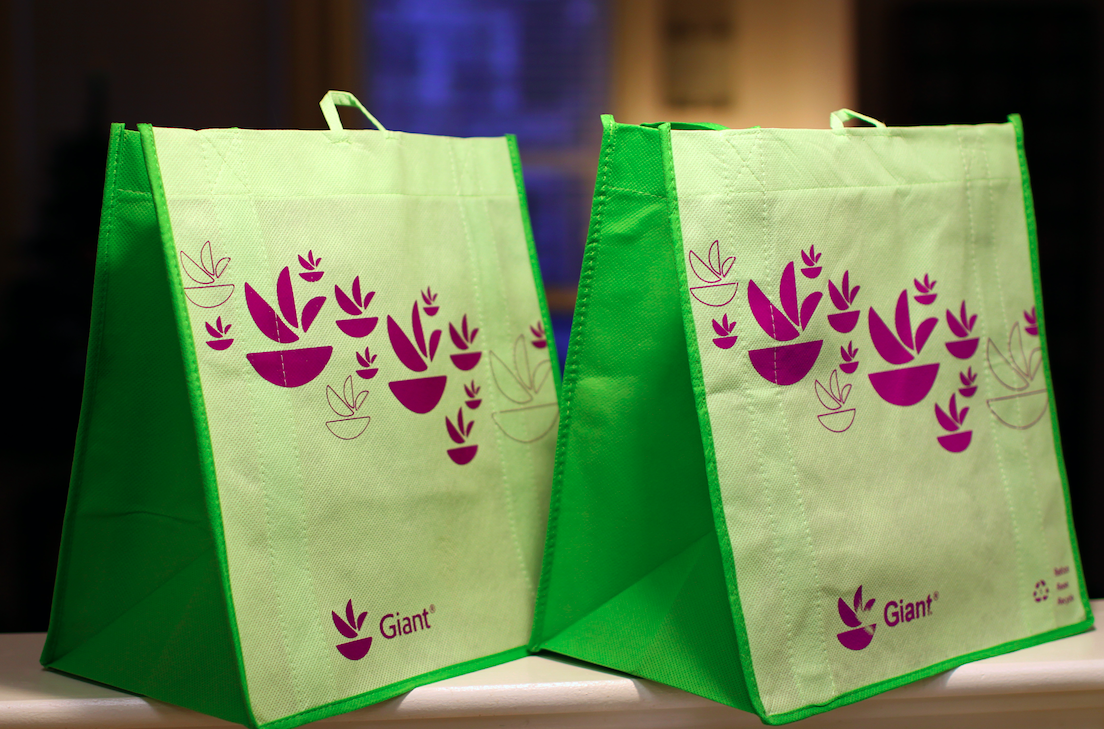
TreeHugger recommends carrying a reusable shopping bag with you, which could reduce your plastic usage by more than 300 bags per year.
People use an estimated 100 billion plastic bags each year in the US alone. Around the world, between 500 billion and 1 trillion are used annually, but only 1 in every 200 bags gets recycled, according to nonprofit organization ConservingNow. Billions of them instead end up as litter that lingers for hundreds of years.
2. Drink Your Coffee From a Reusable Cup
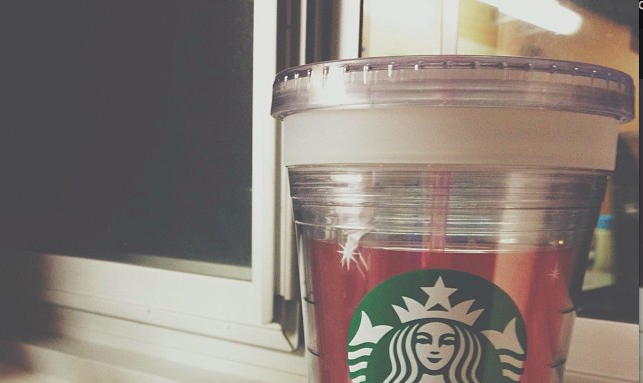
Over 500 billion single-use coffee cups are thrown away each year around the world. These cups range from full plastic cups to plastic-lined paper cups topped with plastic lids. Often, these cups end up in landfills where they take years to breakdown. By bringing a reusable cup or mug to your favorite coffee shop, you can be part of the solution, according to World Wildlife Fund. Some stores will even give you a discount for bringing your own cup.
3. Avoid Bottled Water
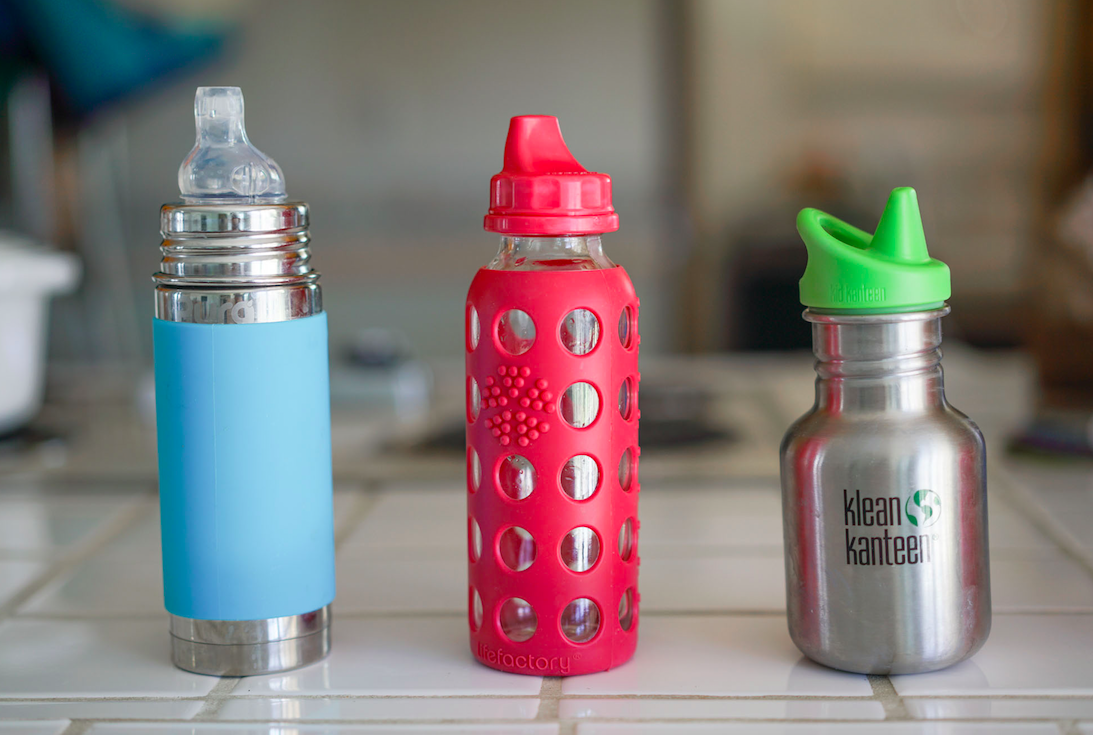
Americans used an estimated 50 billion plastic water bottles last year, but only 23% were actually recycled. Bottled water not only adds to plastic pollution after use, but its production demands a massive amount of fossil fuels that also contribute to environmental degradation. Around 17 million barrels of oil, more than enough to fill 1 million cars with fuel, are used to make water plastic water bottles in the US each year.
Switching to a BPA-free reusable water bottle will benefit the earth and your health while saving you money after as few as 10 uses, according to TreeHugger.
Read More: World's Biggest Brands Investing in 'Milkman' Model to Rethink Plastic Packaging
4. Steer Clear of Plastic Straws (If You're Able)
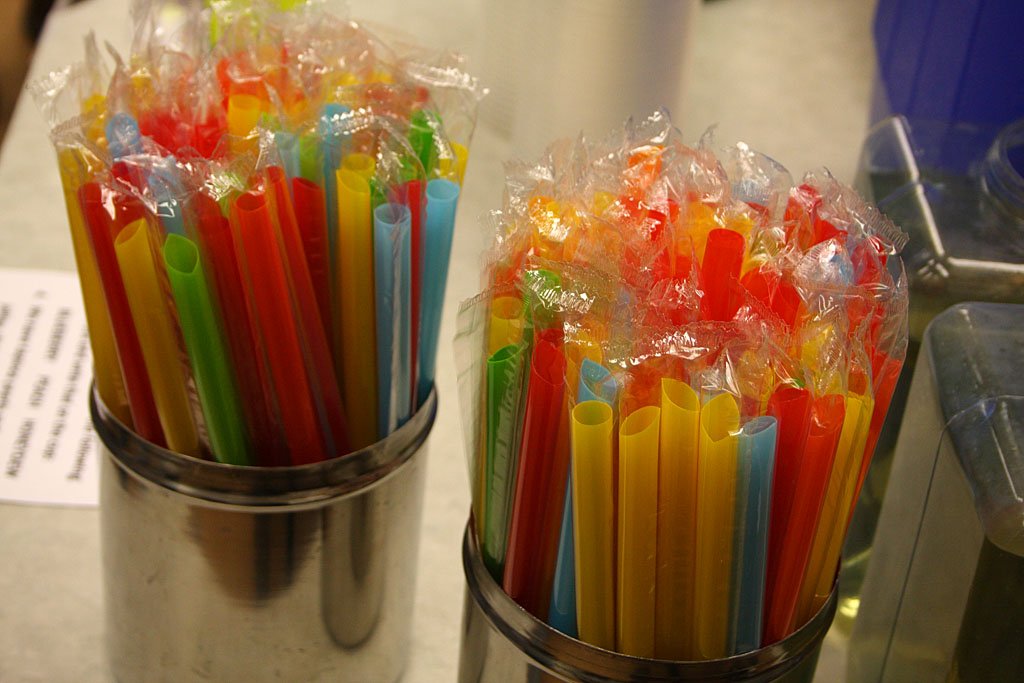
Metal and paper straws make good alternatives to plastic straws for those who need to use straws and are able to make the change, World Wildlife Fund says. But if you're able to skip the straw altogether, even better.
Americans alone use an estimated 390 million straws every day, many of which end up in the world's oceans, where they damage ecosystems and harm marine creatures. Some scientists say there may be as many as 8 billion straws littering shorelines around the world. Several governments and businesses took steps to ban plastic straws in 2018, and your decision to boycott straws will urge more to eliminate them moving forward.
5. Switch to Plastic-Free Chewing Gum
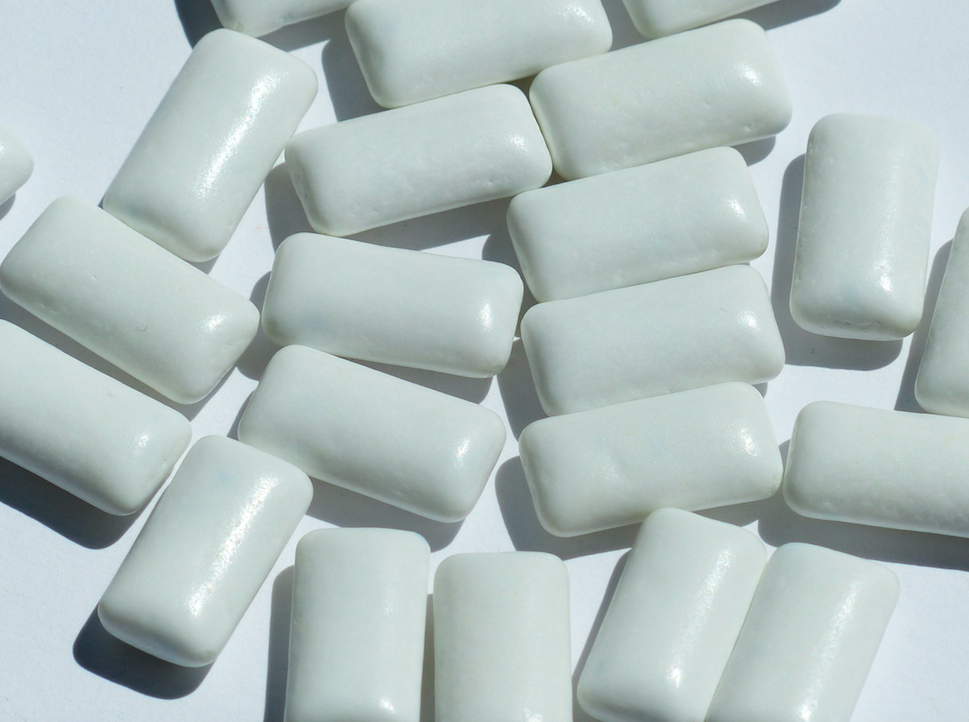
Chewing gum not only comes in a lot of plastic packaging — the gum itself is mostly plastic and adds up to 100,000 tons of pollution every year, according to UK charity Just One Ocean. Luckily, there are brands making plastic-free gum, so you don't have to drop the habit altogether.
6. Shop at a Farmers Market
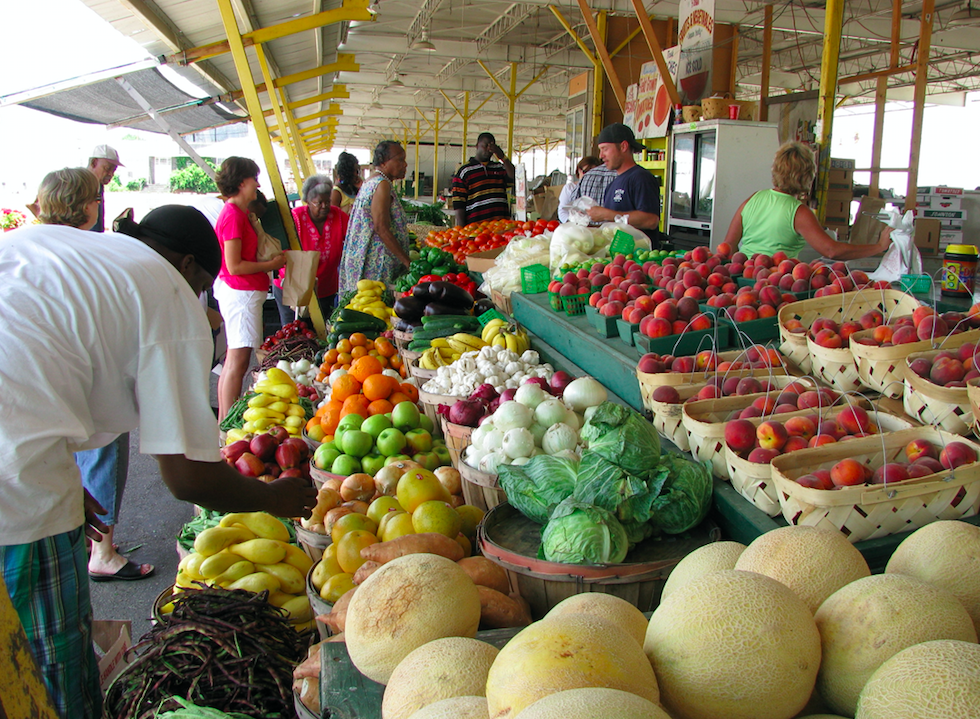
Shopping at a farmers market doesn't just give you access to fresher produce and goods — it's also healthier for the environment because the food is typically grown nearby, requires less transportation, and generally isn't wrapped in plastic like much of the produce found in grocery stores.
You can reduce your footprint even further by bringing a reusable shopping bag to carry all the food, along with smaller ones for produce, according to My Plastic Free Life.
7. Swap Out Bottles for Bars
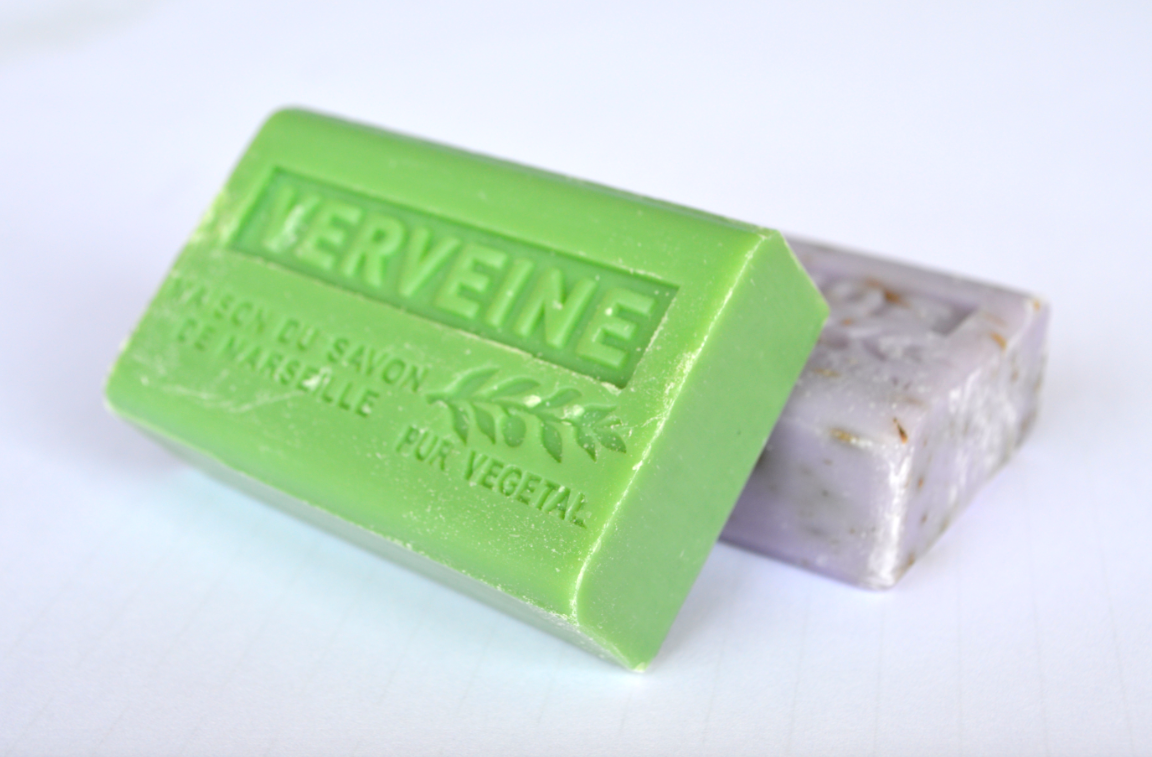
Switching from liquid body wash and shampoo, which typically come in plastic bottles, to bar soaps and shampoos can help cut down on your personal plastic usage and your impact on the environment, according to My Plastic Free Life. One study found that liquid soap requires five times as much energy to formulate and 20 times as much energy to package, compared to bar soap.
However, bar soaps aren't without their own disadvantages. Many are made with animal or plant fats that require resource-intensive agriculture, and people tend to use more hot water when rinsing it off than with liquid soaps, a study suggests. So, look out for eco-friendly brands and mind your water usage when using bar soaps.
8. Avoid Buying Clothes Made With Plastic
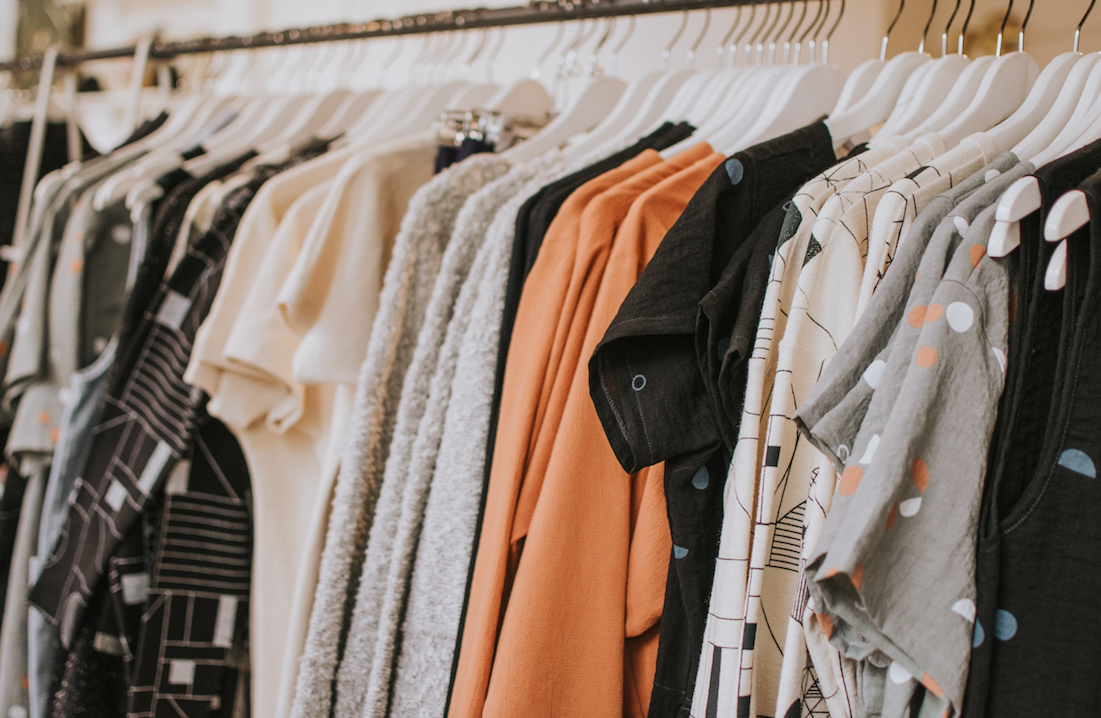
Clothing is a major source of microplastic pollution, according to Plastic Pollution Coalition. Materials like polyester, nylon, acrylic, and other synthetic fibers are all types of plastic and are present in about 60% of clothing made today. As a result, simply putting clothes through the wash can release thousands of tiny plastic fibers into the water system, which eventually make their way into the ocean.
Although most textiles are recyclable, 85% of used clothing ends up in landfills and the average American throws away 80 pounds of clothing each year. Like plastic bags, synthetic clothing can take hundreds of years to decompose. Buying second-hand clothes is one of the most environmentally friendly ways to shop since it keep plastic out of the waste stream and doesn't demand new energy to produce.
Read More: What I Learned About My Donated Stuff After I Got a Facebook Message From Tunisia
9. Compost Food Waste
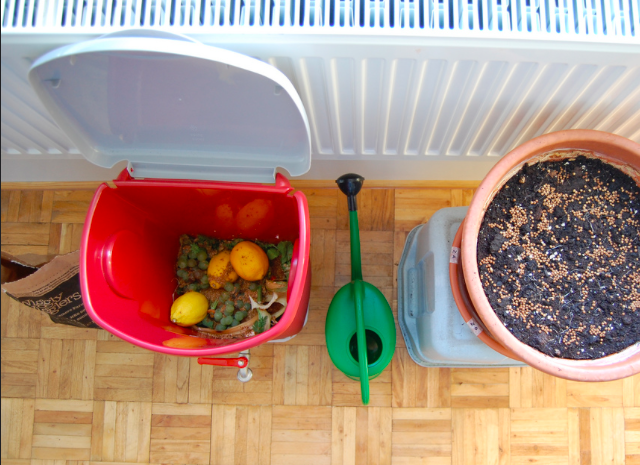
Much of the food that gets thrown away could be recycled or composted, which would save space in landfills. Composting food waste has saves money, resources, and improves soil quality, according to the EPA. Cardboard, paper, and just about any food scraps, including meat and fish, can be composted. Diverting waste that people tend to send to the landfill can also help with cutting back on plastic trash bags — which could have a major impact considering Americans used more than 300 million of them in 2018.
10. Stop Smoking — or At Least Use a Refillable Lighter
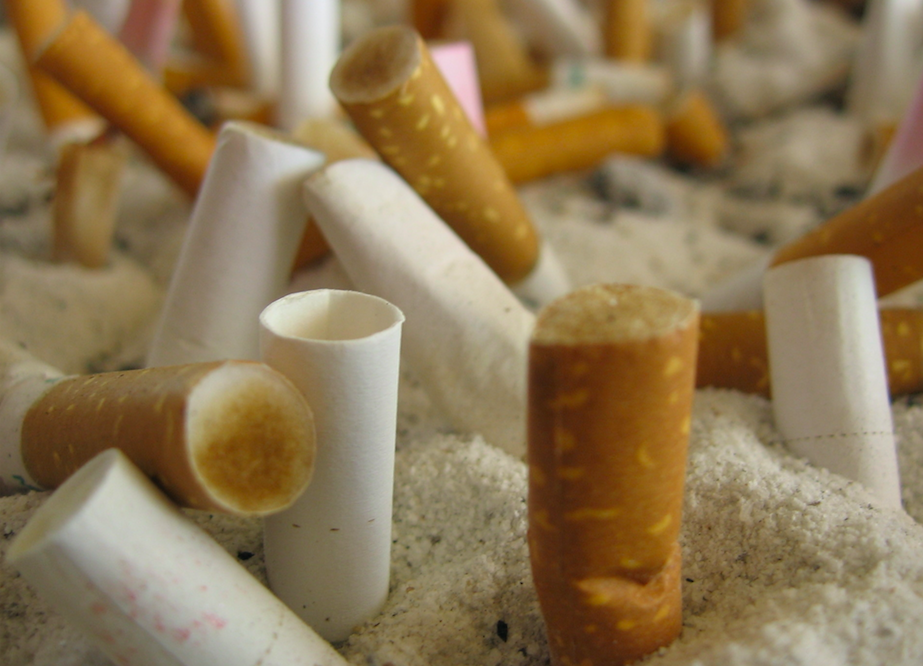
Cigarette filters are made from plastic and although they may seem small, they add up to a significant amount of pollution, according to Zublu Insights. But the bigger issue is plastic lighters, which are one of the most common types of trash found in the Great Pacific Garbage Patch — a trash island that is three times the size of France and growing.